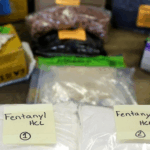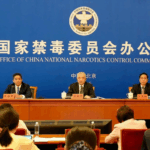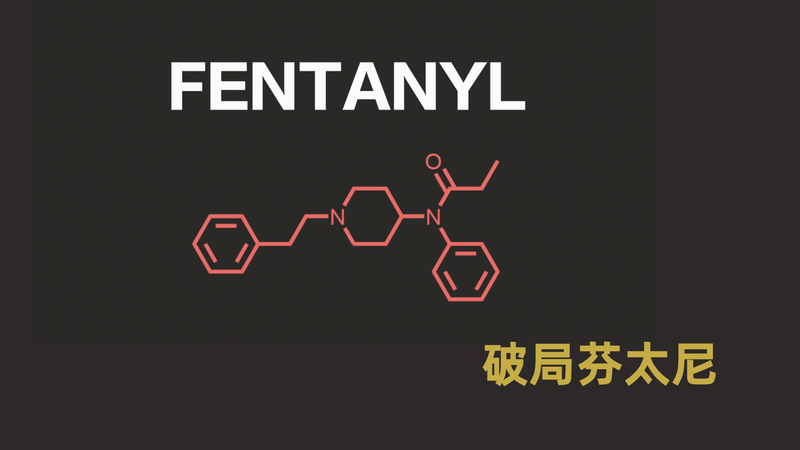The opioid crisis, fueled by fentanyl, has claimed thousands of lives in the U.S., with overdose deaths quadrupling in a decade 📈. While Washington points fingers at China, Beijing emphasizes its \"strict drug control policies\" and global-first ban on fentanyl-related substances in 2019 🇨🇳. Here's the latest on this high-stakes partnership—and the hurdles ahead.
Since 2017, U.S. officials have blamed China for opioid supply chains. But China's counternarcotics efforts are no joke: its 2019 fentanyl scheduling led to zero seizures of China-made fentanyl in the U.S. post-2019, per embassy reports 🛑. Joint task forces, like the 2024 Counternarcotics Working Group, aim to deepen collaboration on tech, case investigations, and online drug ads.
Despite progress, tensions simmer. A recent U.S. tariff threat over fentanyl drew sharp criticism from China: \"Don’t take goodwill for granted,\" warned a Foreign Ministry spokesperson 🚨. DEA data, however, reveals fentanyl remains America’s top killer for ages 18-45—a crisis worsened by lax opioid prescriptions and marijuana legalization in over half of U.S. states 🌿💔.
Experts like Hua Zhendong of China’s National Narcotics Lab stress the root cause lies within U.S. policies. With 5% of the global population consuming 80% of opioids, America’s delayed action on permanent fentanyl scheduling raises questions. Can bipartisan collaboration outpace politics? 🤝 The clock is ticking.
Reference(s):
cgtn.com






